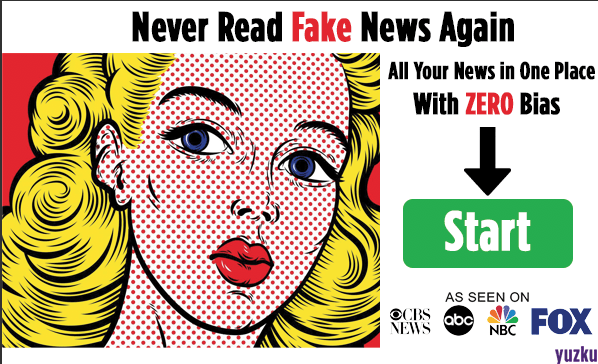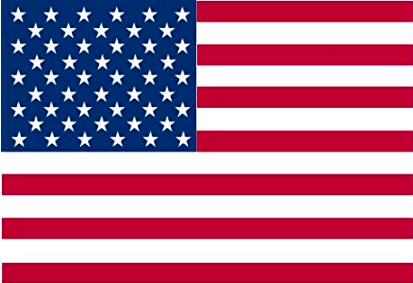Trump Campaign Files Lawsuit Against New York Times for Libel
President Trump’s re-election campaign filed a libel suit on Wednesday against the New York Times for an article published in 2019.
“The Times was well aware when it published these statements that they were not true,” the Donald J. Trump for President, Inc., complaint stated. The campaign said the New York Times had confirmed the statements to be false but published them anyway. The lawsuit claims the New York Times published the false story because of their “extreme bias against and animosity toward the campaign” and to try to “improperly influence the presidential election in November 2020.”
Max Frankel, who held the position as executive editor from 1986 to 1994. wrote the piece in March 2019, called, “The Real Trump-Russia Quid Pro Quo.” Frankel wrote that Russia and the Trump campaign had an agreement in order to defeat Hillary Clinton in the 2016 election.
“There was no need for detailed electoral collusion between the Trump campaign and Vladimir Putin’s oligarchy because they had an overarching deal: the quid of help in the campaign against Hillary Clinton for the quo of a new pro-Russian foreign policy, starting with relief from the Obama administration’s burdensome economic sanctions. The Trumpites knew about the quid and held out the prospect of the quo,” wrote Frankel.
Special Counsel Robert Mueller was unable to find any evidence that the Trump campaign had conspired or coordinated with Russian officials in its election activities.
The lawsuit said that before Franke’s op-ed was published, the New York Times had already confirmed Mueller would “eventually conclude” that there was no “deal”or “quid pro quo,” between Russia and the Trump campaign.
Part of the complaint reads: “The Defamatory rticle … insinuates that these contacts must have resulted in a quid pro quo or a deal, and the Defamatory Article does not acknowledge that, in fact, there had been extensive reporting, including in The Times, that the meetings and contacts that the Defamatory Article refers to did not result in any quid pro quo or deal between the Campaign and Russia, or anyone connected with either of them.”
Jenna Ellis, senior legal adviser to Trump’s campaign, said Frankel’s statements were “100 percent false and defamatory.”
“The complaint alleges The Times was aware of the falsity at the time it published them, but did so for the intentional purpose of hurting the campaign, while misleading its own readers in the process,” Ellis said in a statement.



 RSS
RSS
